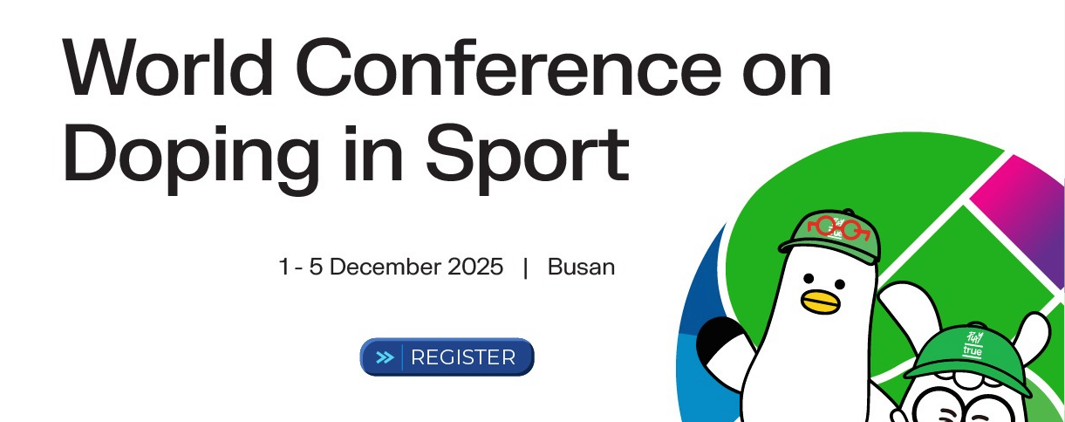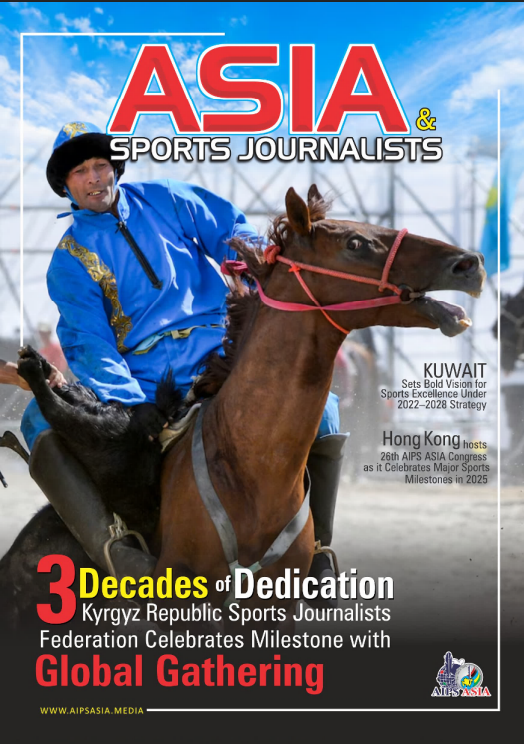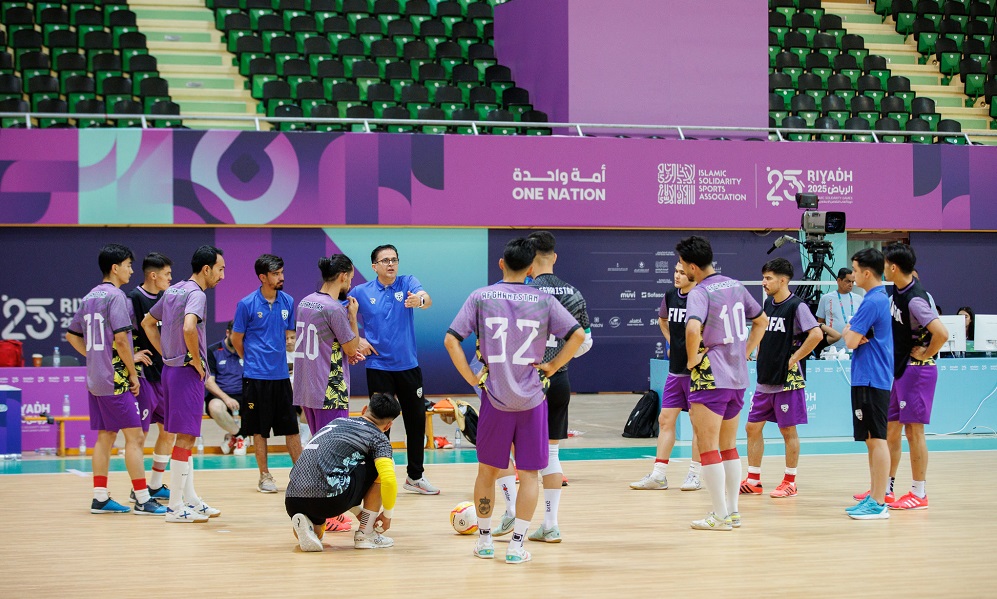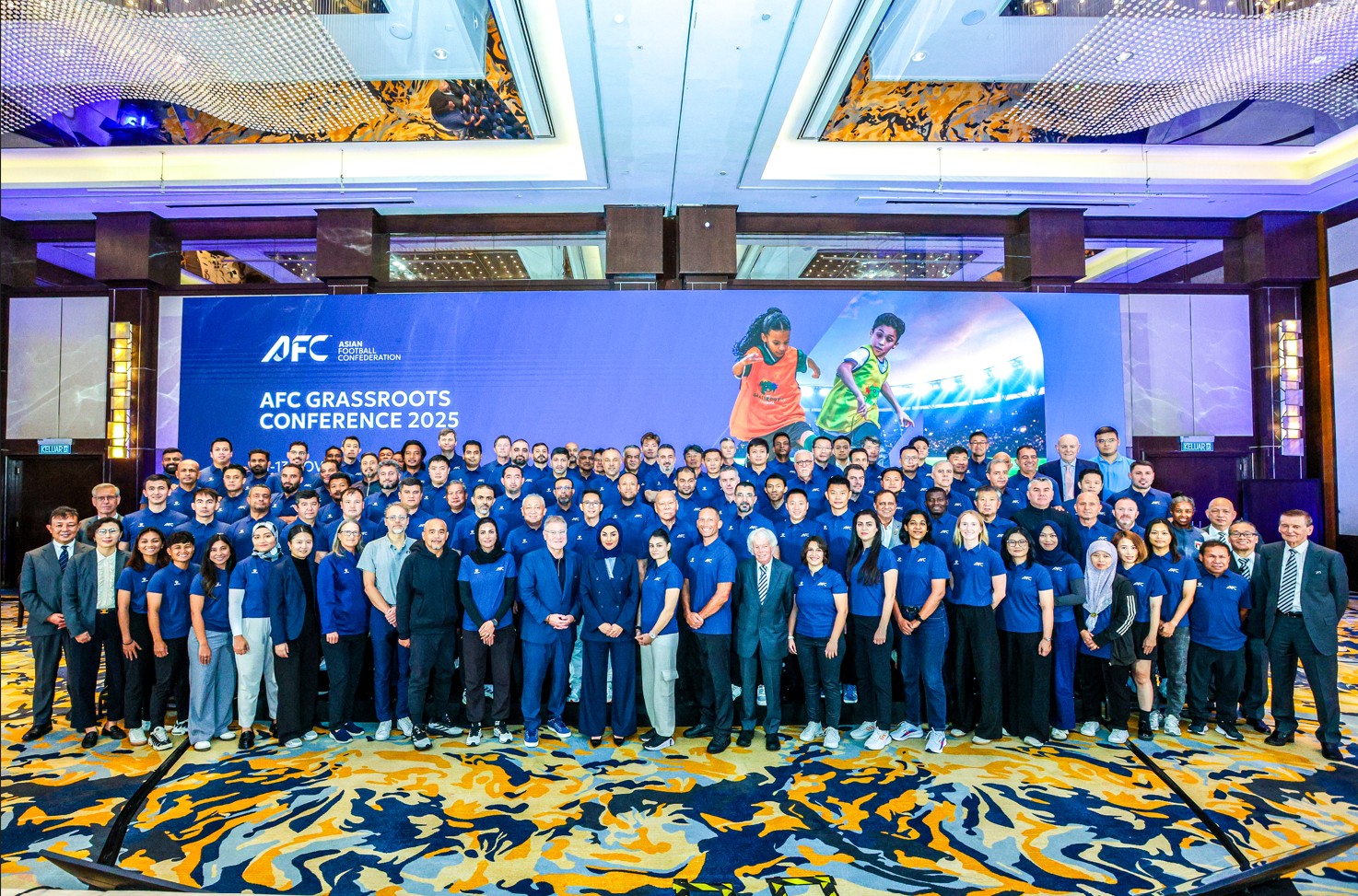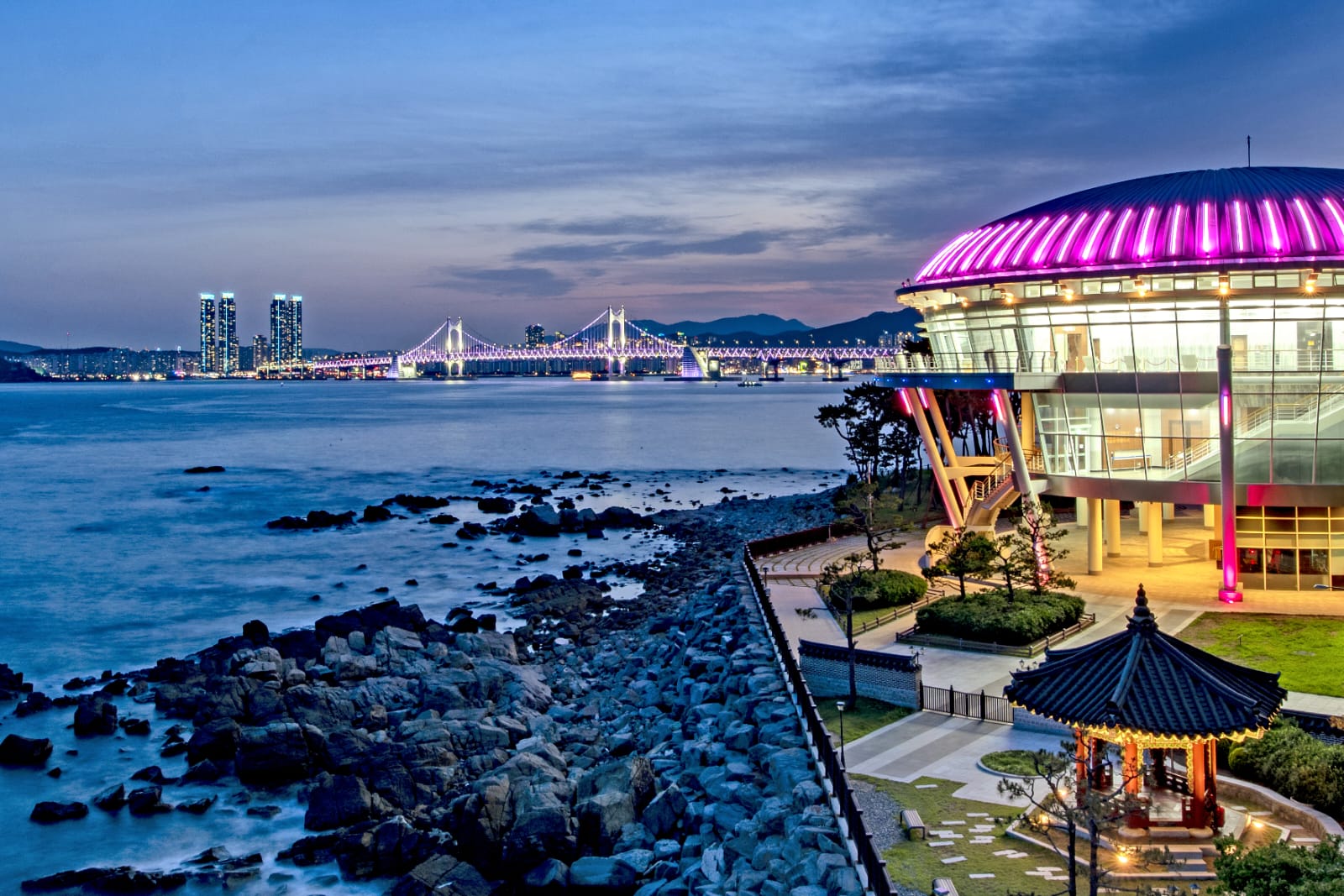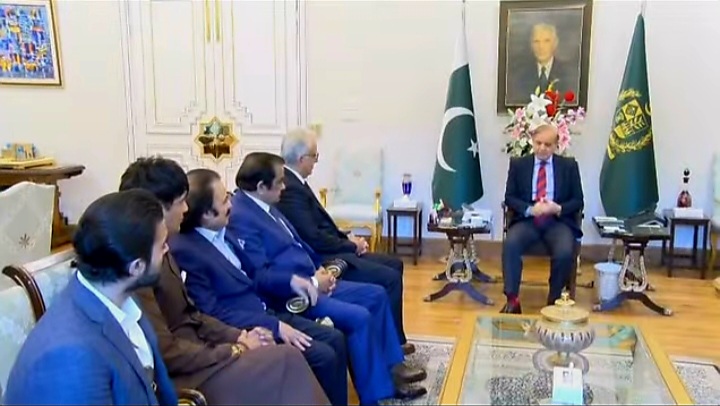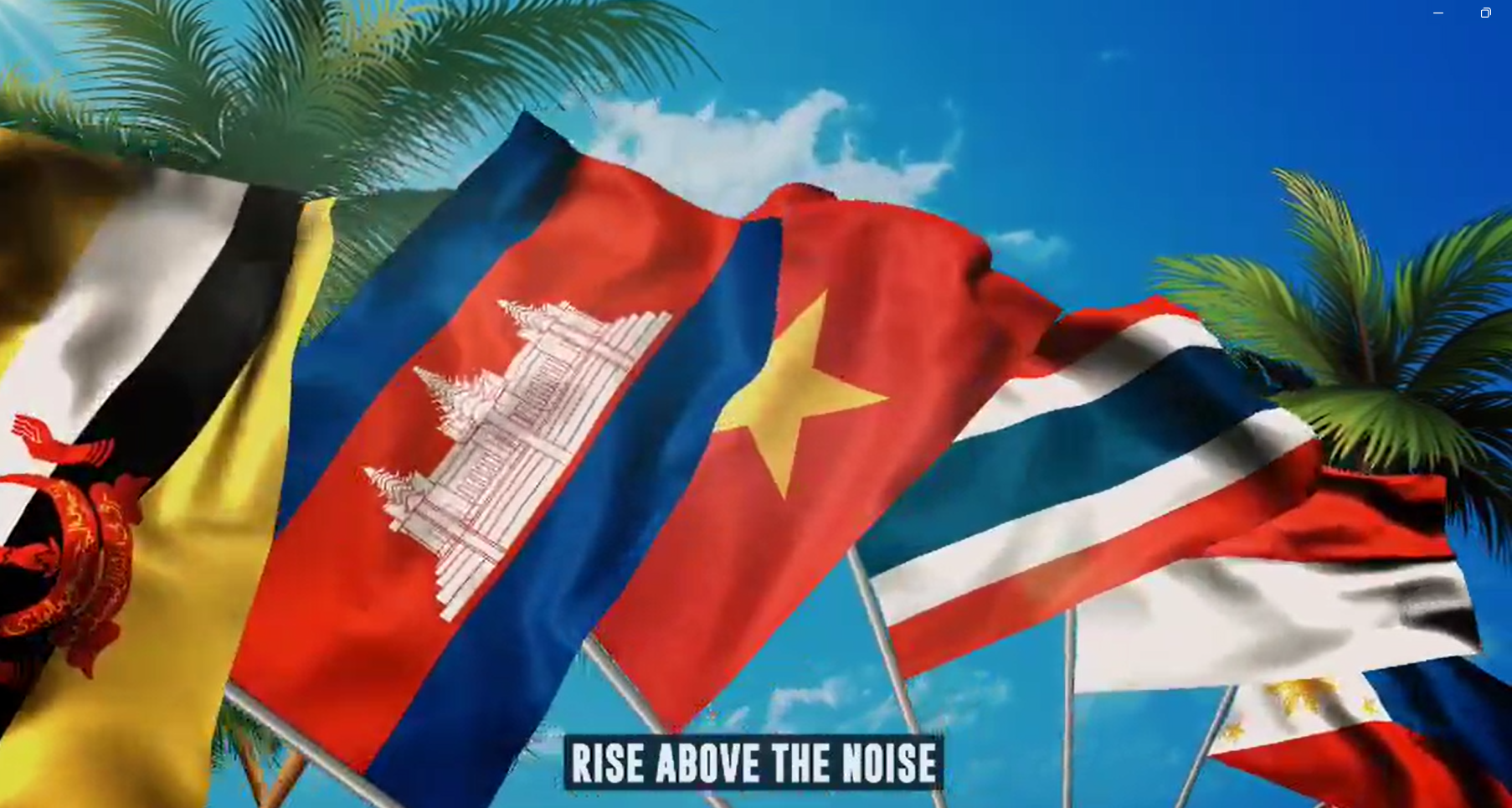All News

Islamic Solidarity Games: A major step toward unity and solidarity among the world’s muslims
By; Seyed Abdolhamid Ahmadi
RIYADH, November 9, 2025 – Sport is the common language of nations and countries, and a bridge for understanding between cultures. Accordingly, the raising of the colorful flags of 57 Islamic countries in a single sporting arena is not merely for competition, but an inspiring display of comprehensive unity among Muslim nations through sport—one that holds immense significance in today’s challenging world.
The Islamic Solidarity Games, which have been held every four years since 2005, go beyond a mere sporting event; they are in fact a symbol of Muslim solidarity in the current tense global landscape.
Initiated by the Organization of Islamic Cooperation (OIC) in 2005 with the aims of strengthening cultural and sporting ties among member states, promoting Islamic identity in sport, showcasing the capabilities and unity of Muslims, and creating a space for healthy sporting competition for the youth of Islamic countries, these Games have, over the past 20 years, played an influential role in developing cultural relations and cooperation among member states and have provided opportunities for greater friendship and interaction between them. Nevertheless, due to the divisive policies of certain countries—particularly Israel—in the Middle East region, some tensions and misunderstandings still persist among Islamic nations.
Saudi Arabia, as the host of this edition of the Games under the slogan “One Ummah,” is striving to play a more effective role in reducing and resolving disputes among Islamic countries. To this end, with considerable investment, it has prepared the ground for the participation of athletes from 57 countries in this multi-discipline event that celebrates peace, diversity, and unity. During the opening ceremony, a beautiful display rooted in the shared culture of Islamic countries further strengthened the atmosphere of understanding and friendship between nations.
The speech by Abdulaziz bin Turki Al Faisal—Minister of Sport, President of the Saudi National Olympic and Paralympic Committees, and President of ISSA—was one of the most important parts of the opening ceremony of the Islamic Countries Games. In his remarks, highlighting the importance of joint Islamic cooperation and the role of sport as a bridge for peace, unity, and understanding among nations, he stated: “Hosting more than 3,500 athletes in 25 different sporting disciplines is an opportunity to demonstrate Saudi Arabia’s organizational capabilities and high capacity for hosting international events.” He continued: “We are committed to organizing this edition of the Games at a level befitting the values of the Olympic movement and Islamic solidarity. The Riyadh 2025 Games continue the path and tradition that began in 2005, serving as a new symbol of solidarity, cooperation, and shared pride among Islamic nations, and an outstanding opportunity to harness the diverse, inclusive, and transformative capacity of sport.” This event is regarded as “a vital bridge for strengthening peace, unity, and understanding among Islamic countries”—an event that shows sport can bring diverse nations together under the slogan “One Nation.”
Regarding the achievements of hosting the Islamic Solidarity Games, it can be said that this event has not only focused on sporting aspects but has also brought about extensive cultural, economic, diplomatic, and social accomplishments. Some of the most key achievements of these Games can be outlined as follows:
1. Cultural and Diplomatic Achievements
• Strengthening solidarity and intercultural dialogue: These Games have served as a bridge connecting the 57 OIC member countries, promoting the principles of non-discrimination based on race, religion, or skin color in accordance with Islamic teachings. In the 2013 edition in Indonesia, the event acted as an opportunity for public diplomacy and presented a positive image of Indonesia as a peaceful Muslim country to the world.
• Promoting Islamic identity: With the participation of elite athletes from Islamic countries, these Games highlight the shared Islamic identity in the sporting arena. In the 2017 Baku (Azerbaijan) edition, with the participation of 56 countries, the event helped strengthen diplomatic relations between Islamic and non-Arab countries.
• Extensive global presence: In the 2025 Riyadh edition, more than 3,500 athletes from 57 countries are competing in 25 sporting disciplines, symbolizing unity and cultural diversity.
2. Sporting Achievements and Sports Development
• Growth in medals and high-level competition: Known as the “multi-discipline competitions of Islamic countries,” these Games have provided high-quality, elite-level competitions in disciplines such as football, basketball, wushu, equestrian, and table tennis. For example, Qatar progressed from one gold medal in 2005 Mecca to 12 medals (2 gold, 3 silver, 7 bronze) in 2017 Baku, demonstrating sporting advancement. Iran, Turkey, and Egypt have also been the main medal winners.
• Expansion of disciplines and inclusivity: The Games have grown from 13 disciplines in the first edition (2005) to 24 disciplines in the 2021 edition, now including Paralympic sports such as athletics and swimming. The 2025 edition introduces a new discipline: camel racing.
• Talent development: This event has helped identify and nurture young talents and prepare athletes for global Olympic Games.
3. Economic and Infrastructural Achievements
• Economic boost for the host: Hosting these Games leads to investment in infrastructure. In Indonesia 2013, the event contributed to improving urban facilities, increasing tourism, and creating employment.
• Attracting sports investment: By hosting the 2025 Games, Saudi Arabia is strengthening its role as a global sports hub and showcasing its cultural heritage. This edition, with live broadcasts on television networks, has created extensive advertising opportunities.
• Challenges and sustainability: Despite high costs, the interest of three countries in hosting the 2029 edition demonstrates long-term economic potential.
4. Social and Educational Achievements
• Increased community participation: Volunteer programs (such as in 2017 Baku with thousands of volunteers) have helped develop youth skills and foster a sense of national belonging.
• Reducing political tensions: Despite challenges such as the cancellation of the 2010 edition due to disputes over the name of the Persian Gulf, these Games have served as a space for peace and friendship.
• Impact on Muslim communities: By focusing on brotherhood and solidarity, this event has helped strengthen social relations among Islamic countries and serves as a model for similar events in the Muslim world.
In summary, the Islamic Solidarity Games have evolved from an idea in 1981 into a sustainable event that goes beyond sport, contributing to political-cultural unity and sustainable development of Islamic countries, and shaping a shared future for them.
Islamic Solidarity Games: A major step toward unity and solidarity among the world’s muslims
By; Seyed Abdolhamid Ahmadi
RIYADH, November 9, 2025 – Sport is the common language of nations and countries, and a bridge for understanding between cultures. Accordingly, the raising of the colorful flags of 57 Islamic countries in a single sporting arena is not merely for competition, but an inspiring display of comprehensive unity among Muslim nations through sport—one that holds immense significance in today’s challenging world.
The Islamic Solidarity Games, which have been held every four years since 2005, go beyond a mere sporting event; they are in fact a symbol of Muslim solidarity in the current tense global landscape.
Initiated by the Organization of Islamic Cooperation (OIC) in 2005 with the aims of strengthening cultural and sporting ties among member states, promoting Islamic identity in sport, showcasing the capabilities and unity of Muslims, and creating a space for healthy sporting competition for the youth of Islamic countries, these Games have, over the past 20 years, played an influential role in developing cultural relations and cooperation among member states and have provided opportunities for greater friendship and interaction between them. Nevertheless, due to the divisive policies of certain countries—particularly Israel—in the Middle East region, some tensions and misunderstandings still persist among Islamic nations.
Saudi Arabia, as the host of this edition of the Games under the slogan “One Ummah,” is striving to play a more effective role in reducing and resolving disputes among Islamic countries. To this end, with considerable investment, it has prepared the ground for the participation of athletes from 57 countries in this multi-discipline event that celebrates peace, diversity, and unity. During the opening ceremony, a beautiful display rooted in the shared culture of Islamic countries further strengthened the atmosphere of understanding and friendship between nations.
The speech by Abdulaziz bin Turki Al Faisal—Minister of Sport, President of the Saudi National Olympic and Paralympic Committees, and President of ISSA—was one of the most important parts of the opening ceremony of the Islamic Countries Games. In his remarks, highlighting the importance of joint Islamic cooperation and the role of sport as a bridge for peace, unity, and understanding among nations, he stated: “Hosting more than 3,500 athletes in 25 different sporting disciplines is an opportunity to demonstrate Saudi Arabia’s organizational capabilities and high capacity for hosting international events.” He continued: “We are committed to organizing this edition of the Games at a level befitting the values of the Olympic movement and Islamic solidarity. The Riyadh 2025 Games continue the path and tradition that began in 2005, serving as a new symbol of solidarity, cooperation, and shared pride among Islamic nations, and an outstanding opportunity to harness the diverse, inclusive, and transformative capacity of sport.” This event is regarded as “a vital bridge for strengthening peace, unity, and understanding among Islamic countries”—an event that shows sport can bring diverse nations together under the slogan “One Nation.”
Regarding the achievements of hosting the Islamic Solidarity Games, it can be said that this event has not only focused on sporting aspects but has also brought about extensive cultural, economic, diplomatic, and social accomplishments. Some of the most key achievements of these Games can be outlined as follows:
1. Cultural and Diplomatic Achievements
• Strengthening solidarity and intercultural dialogue: These Games have served as a bridge connecting the 57 OIC member countries, promoting the principles of non-discrimination based on race, religion, or skin color in accordance with Islamic teachings. In the 2013 edition in Indonesia, the event acted as an opportunity for public diplomacy and presented a positive image of Indonesia as a peaceful Muslim country to the world.
• Promoting Islamic identity: With the participation of elite athletes from Islamic countries, these Games highlight the shared Islamic identity in the sporting arena. In the 2017 Baku (Azerbaijan) edition, with the participation of 56 countries, the event helped strengthen diplomatic relations between Islamic and non-Arab countries.
• Extensive global presence: In the 2025 Riyadh edition, more than 3,500 athletes from 57 countries are competing in 25 sporting disciplines, symbolizing unity and cultural diversity.
2. Sporting Achievements and Sports Development
• Growth in medals and high-level competition: Known as the “multi-discipline competitions of Islamic countries,” these Games have provided high-quality, elite-level competitions in disciplines such as football, basketball, wushu, equestrian, and table tennis. For example, Qatar progressed from one gold medal in 2005 Mecca to 12 medals (2 gold, 3 silver, 7 bronze) in 2017 Baku, demonstrating sporting advancement. Iran, Turkey, and Egypt have also been the main medal winners.
• Expansion of disciplines and inclusivity: The Games have grown from 13 disciplines in the first edition (2005) to 24 disciplines in the 2021 edition, now including Paralympic sports such as athletics and swimming. The 2025 edition introduces a new discipline: camel racing.
• Talent development: This event has helped identify and nurture young talents and prepare athletes for global Olympic Games.
3. Economic and Infrastructural Achievements
• Economic boost for the host: Hosting these Games leads to investment in infrastructure. In Indonesia 2013, the event contributed to improving urban facilities, increasing tourism, and creating employment.
• Attracting sports investment: By hosting the 2025 Games, Saudi Arabia is strengthening its role as a global sports hub and showcasing its cultural heritage. This edition, with live broadcasts on television networks, has created extensive advertising opportunities.
• Challenges and sustainability: Despite high costs, the interest of three countries in hosting the 2029 edition demonstrates long-term economic potential.
4. Social and Educational Achievements
• Increased community participation: Volunteer programs (such as in 2017 Baku with thousands of volunteers) have helped develop youth skills and foster a sense of national belonging.
• Reducing political tensions: Despite challenges such as the cancellation of the 2010 edition due to disputes over the name of the Persian Gulf, these Games have served as a space for peace and friendship.
• Impact on Muslim communities: By focusing on brotherhood and solidarity, this event has helped strengthen social relations among Islamic countries and serves as a model for similar events in the Muslim world.
In summary, the Islamic Solidarity Games have evolved from an idea in 1981 into a sustainable event that goes beyond sport, contributing to political-cultural unity and sustainable development of Islamic countries, and shaping a shared future for them.

Video Gallery



